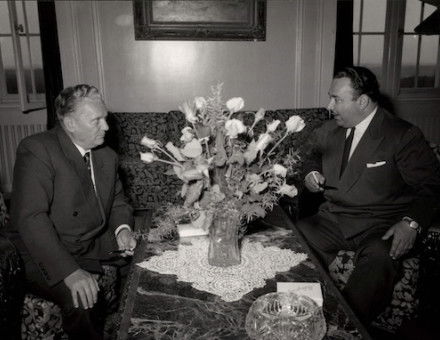Windischgratz and the Bohemian Revolt, 1848
Not for the first or last time in their history, writes David Ward, the Czechs in 1848 made a bid for political freedom.
It was in Prague in June 1848 that the revolutions that were sweeping through Germany and the Austrian lands suffered their first reverse, at the hands of Prince Windischgratz the commander of the Habsburg troops. Windischgratz’s victory saw the end of the hopes of the Czech nationalists to create an autonomous Bohemia—for ever, in the eyes of Engels.
‘Dying Tschechian nationality... made in 1848 a last effort to regain its former vitality—an effort whose failure... was to prove that Bohemia could only exist henceforth, as a portion of Germany.’ Notwithstanding events since, not least those of 1968-9, which might seem to contradict Engels, there is no doubt that for the time being Windischgratz’s victory was decisive.
In order to understand the fighting in Prague in June 1848, it is necessary to know something of Bohemia at this time. Originally a kingdom in its own right, consisting of three provinces, Bohemia itself, Moravia and Silesia, Bohemia had passed to the Habsburgs in the sixteenth century.





